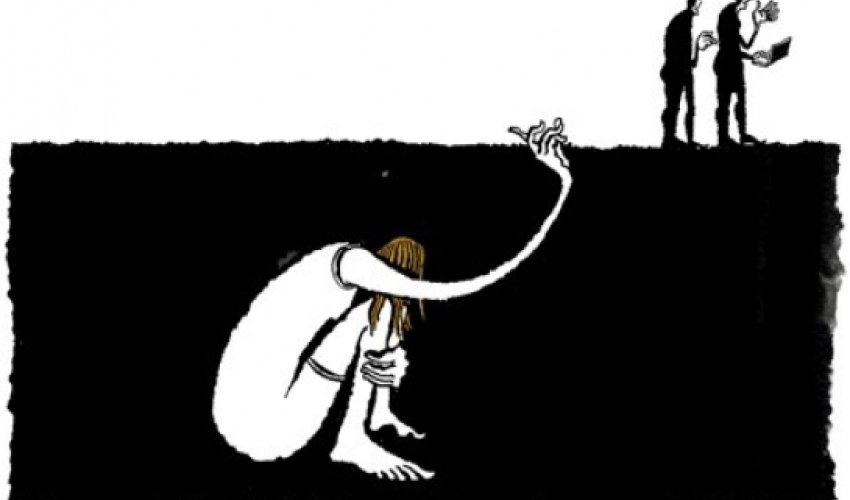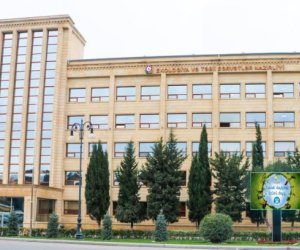An internet firewall around childhood won't protect young people from...

The Office of the Children's Commissioner for England has produced a report, mainly on "gang-associated contexts", which finds "shocking and profoundly distressing evidence of sexual assault, including rape, being carried out by young people against other children and young people." The deputy commissioner, Sue Berelowitz, stated: "this is a deep malaise within society, from which we must not shirk".It is undeniable, but it is not shocking – at least, not by any reasonable definition of the word "shock". Statutory guidelines on how to deal with child sexual exploitation came out in 2009, but have been ignored by 94% of local authorities. In 2012, the definition of "domestic violence" was changed to include teenagers, after a consultation with Platform 51 (formerly the YWCA) that showed young women at huge risk of being in a coercive or abusive relationship.Camila Batmanghelidjh of Kids Company wrote vehemently, during the Jimmy Savile revelations, "Politicians have, rightly, been vocal about the victims of abuse as a result of one man's deceit. They're calling for public inquiries and lessons to be learned. But where were they when thousands of girls were being sexually abused in street gangs?"Five years ago, when Sian Simpson was killed in a gang fight, and a moral panic around girl gangs ensued, the criminologist Susan Bachelor remarked: "Powerlessness defines the experiences of most young women who turn violent. They themselves have experienced high levels of abuse of all kinds. They believe they have no value except for their sexuality. The women's movement has not reached their consciousness."Received terminology would call this an "open secret", except that it has never been a secret, just a deliberate turning away, by everybody except those working closest to it, who then get the blame when appalling events or new reports force the issue on to centre stage.The lengths people will take to avoid making the connection between young women and sexual violence, are astonishing. This week also sees the publication of the National Survey of Sexual Attitudes and Lifestyles, in which the top lines – we're all having more sexual partners but less actual sex, and we're a lot cooler about homosexuality – crowd out the findings around "non-volitional sex". This is the first time the survey has asked the question, "has anyone actually made you have sex against your will?" One in 10 women said yes – in the survey notes, it finds the median age for rape to be 18; it finds young women less likely to report it to the police; it notes, "ethnicity, religion and social background did influence risk". And yet none of those messages break into the mainstream debate, in which we reach some rather jolly conclusions about the frisky over-70s, along with sober reflections on whether having a laptop in the bedroom depletes our sexual activity.The problem is, of course, that once you identify and discuss the varied brutalities endured by young women, you then have to do something about it. It would be impossible not to agree on that, and yet almost immediately, we find our consensus slipping away.Berelowitz, on Radio 4's Today programme this morning, ascribed much of the blame for what she's found – the "sadism and cruelty" and "sheer depravity" – to porn on the internet and music videos. One hundred per cent of the boys questioned had seen pornographic images. The music industry, likewise, had "questions to ask itself".Technology is the go-to culprit for any social change, since it seems so clean and logical. The internet is the major difference between us and the past; sex has also changed; therefore, the internet has changed, and in this context, poisoned sex. It's another way of doing nothing. Mass censorship is not an option. If we wait for culture to become less sexist before we do anything about sexual violence against girls, we will be waiting a long time. But, more importantly, this explanation is insufficient. In order to treat girls like pieces of meat, nothing more than instruments of pleasure and conduits to masculine respect, you must have done a lot more than look at porn or watched a Robin Thicke video. You must have been brutalised from the inside out yourself; it is a gross injustice to boys to suggest that this savagery and lack of empathy simply lurks within them, waiting for peer normalisation to bring it out. So then we have to talk about boys in gangs, and what their experiences are, and how they have been treated, and what they've been forced to do against their will.If every girl under 16 is a child then so is every boy. It is not acceptable to present sadism and cruelty between children as a story of victims and aggressors. This is not something any of these children learned from a screen. It is not a life anybody would choose if they had a whole host of alternatives laid out for them like freshly ironed school uniform.The questions thrown up by sexual violence predate the internet and transcend it. What builds empathy and what traduces it? What builds respect and what destroys it? The territory is dark and vexed and complicated and dispiriting. The deeper you delve into the motivations of violence, the more violence you find. But we'll make no progress until we accept that an internet firewall around childhood – even if it were possible – would not help; and we'll fail these children deplorably if we periodically peer down to ask what their problems are, and then make no progress.(theguardian.com)ANN.Az
Similar news
Similar news




































 Photo
Photo 



 Video
Video 

